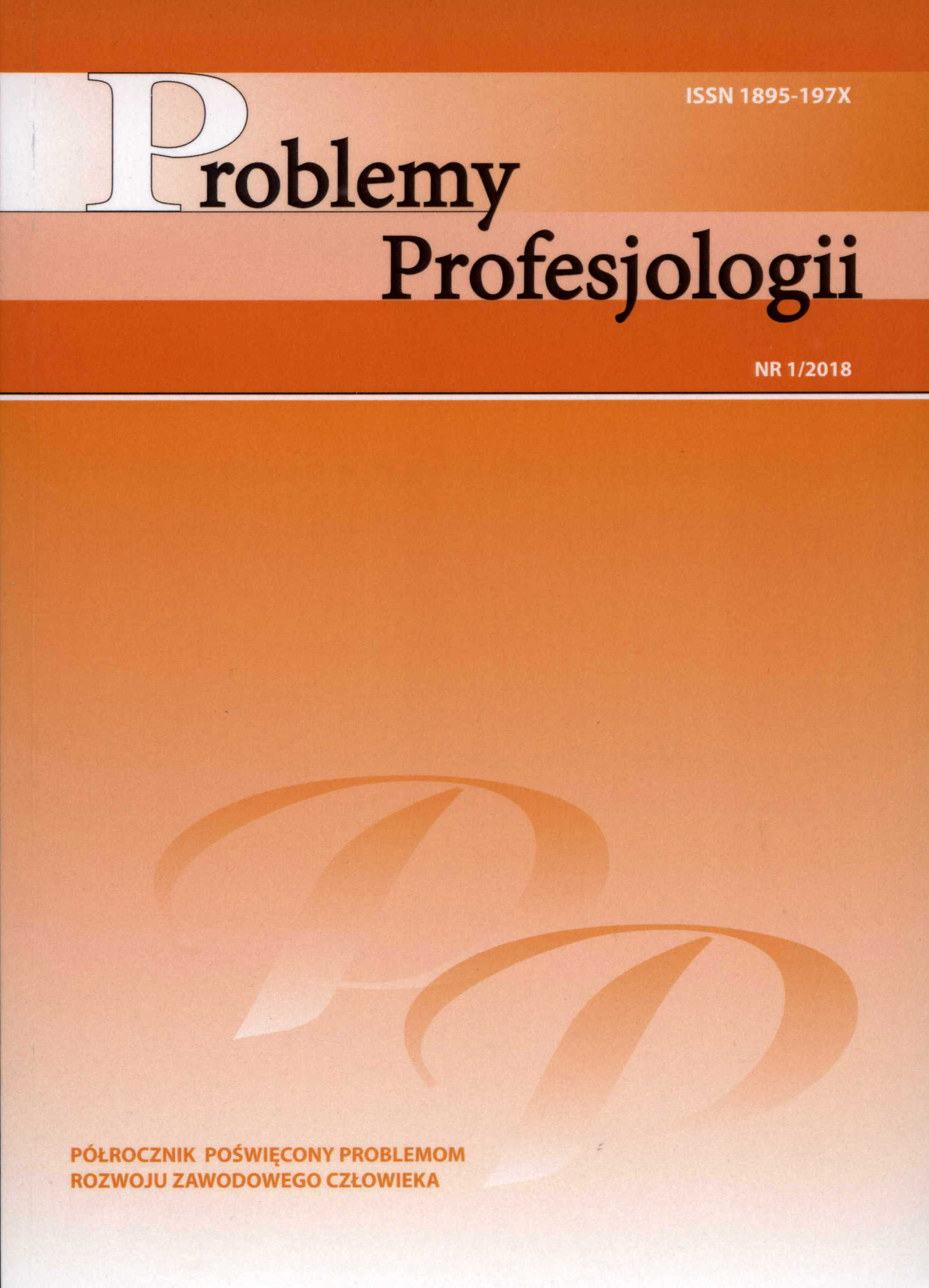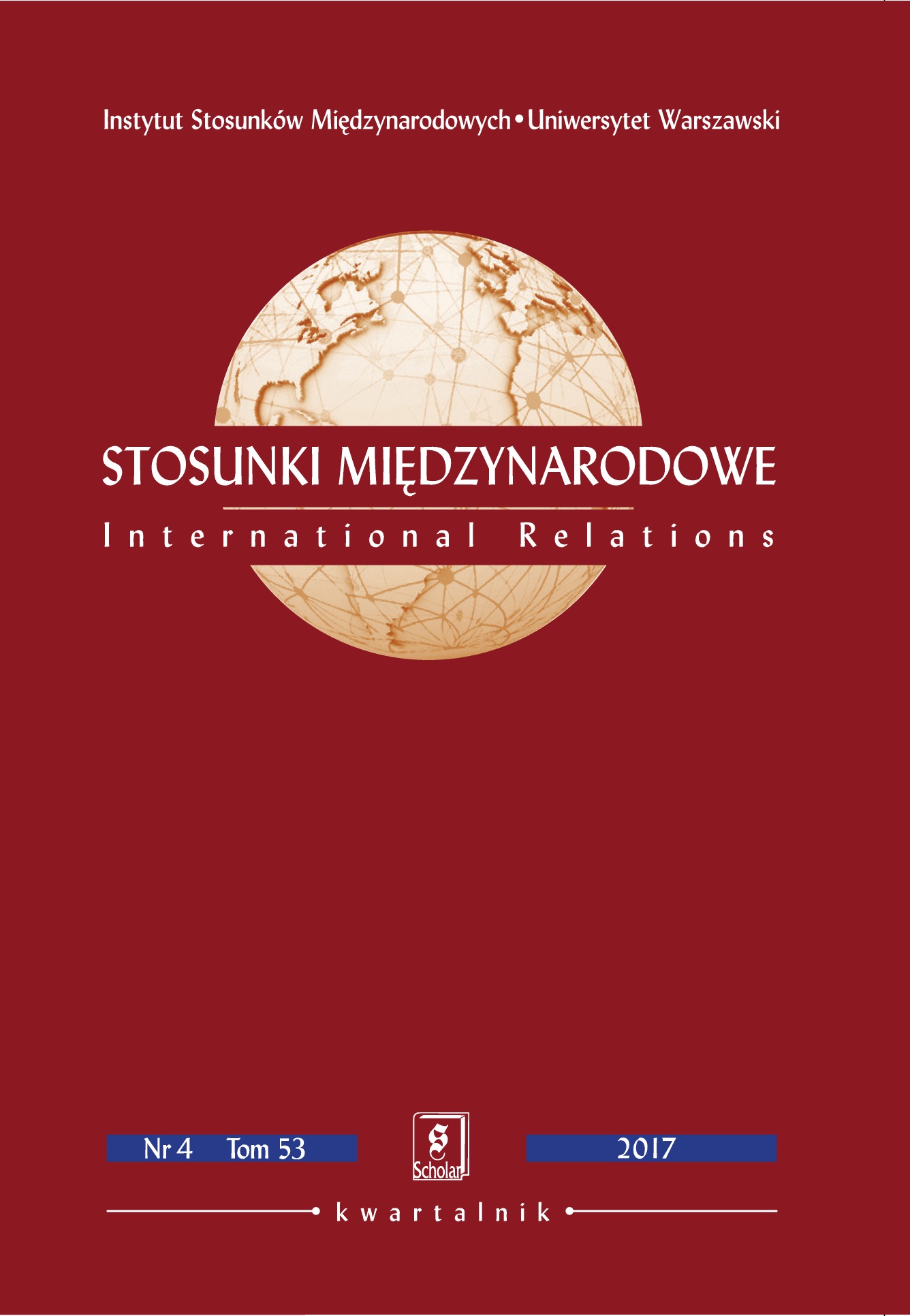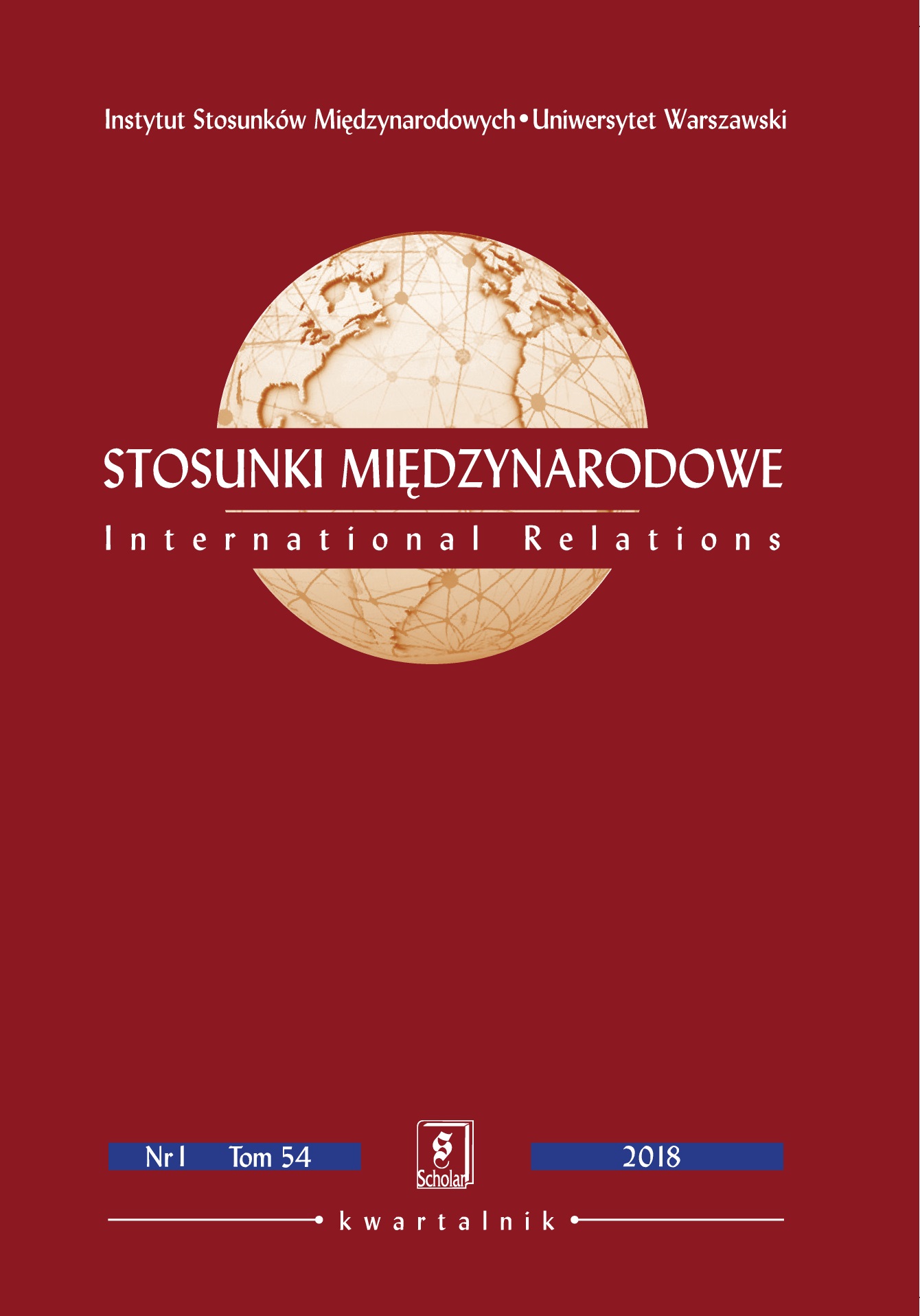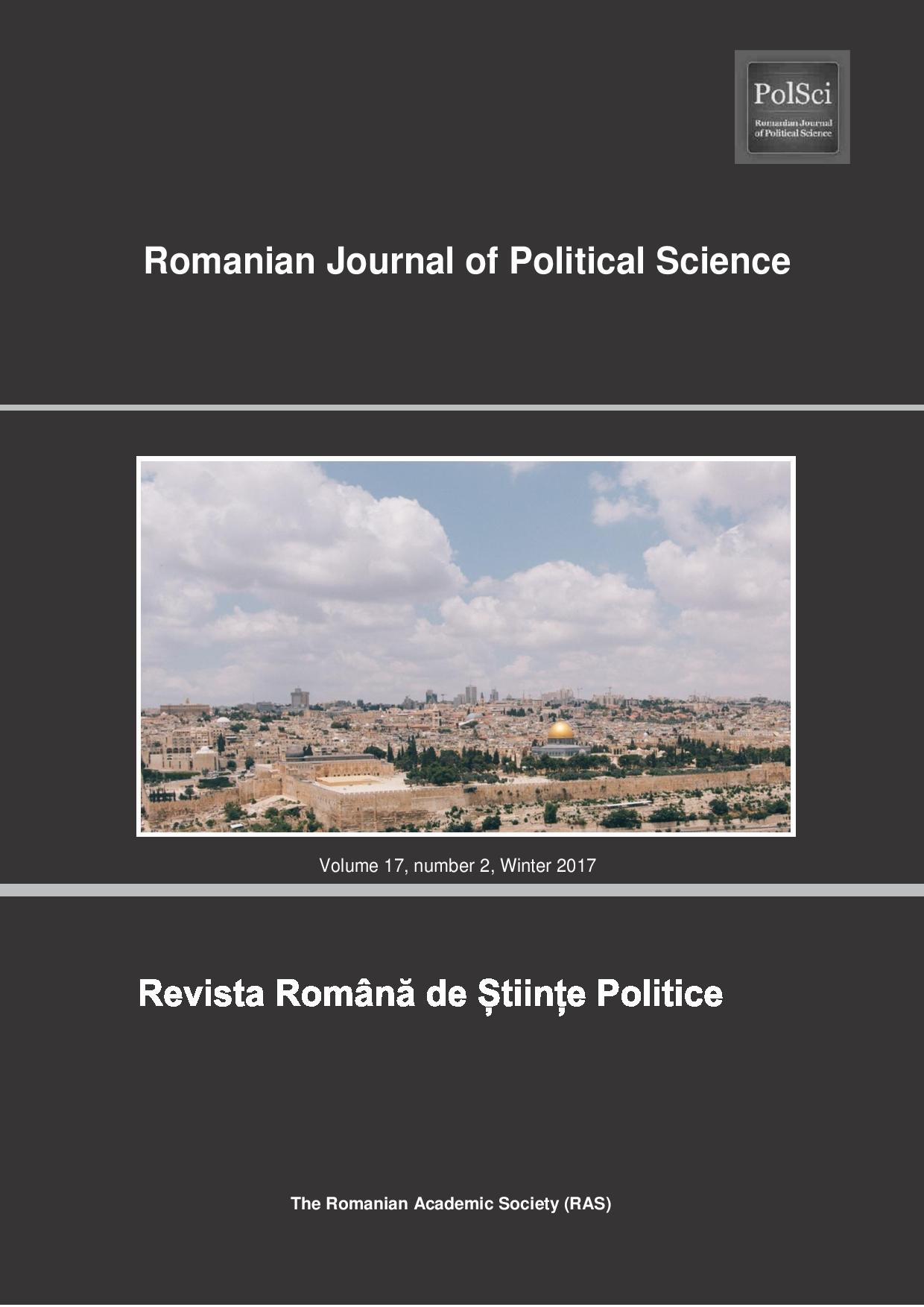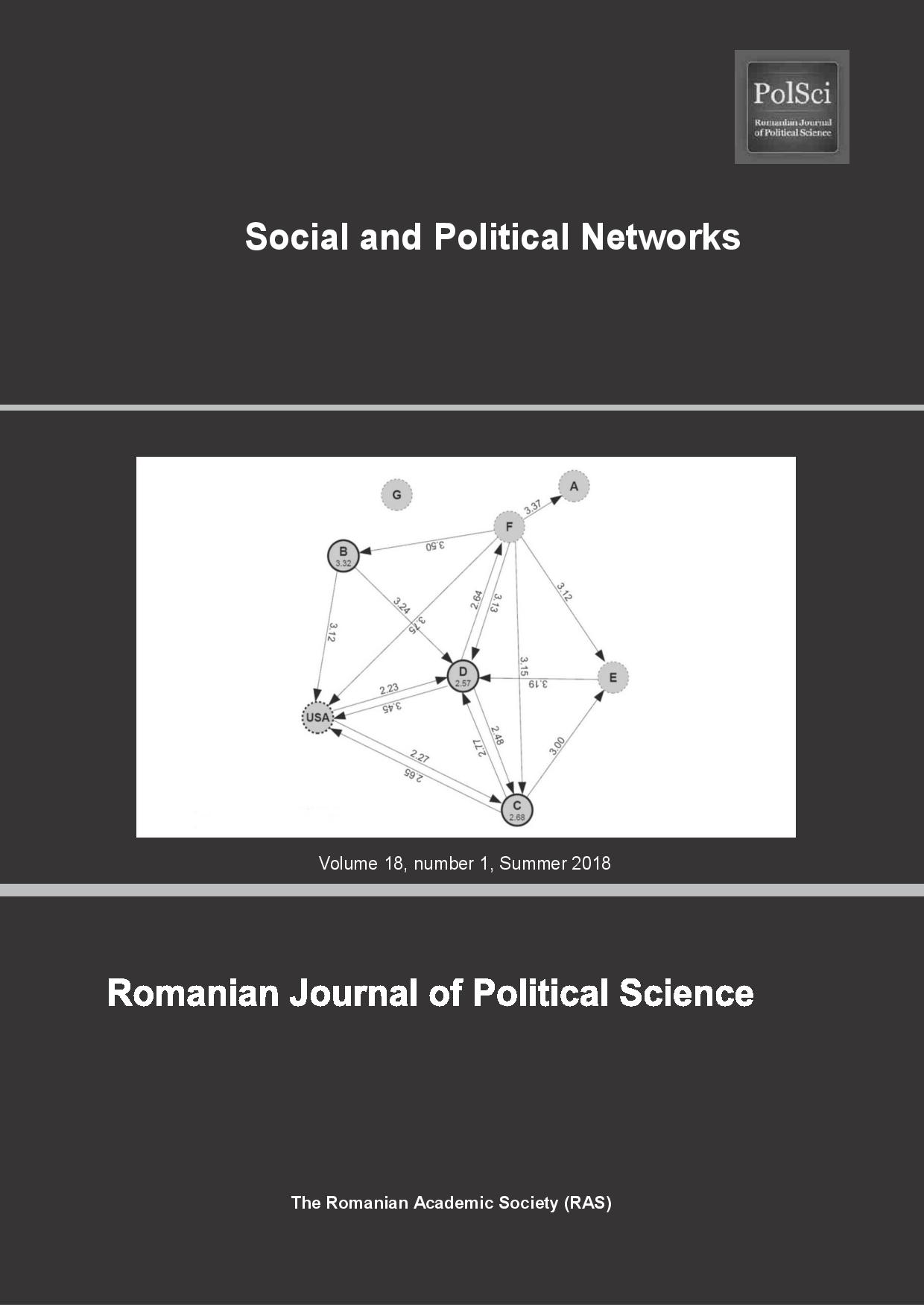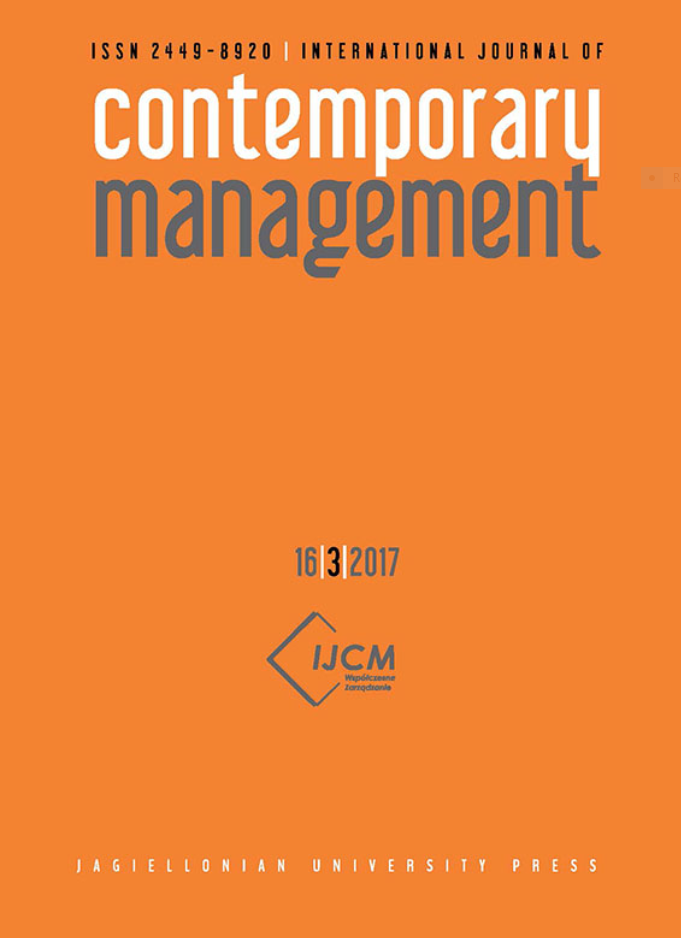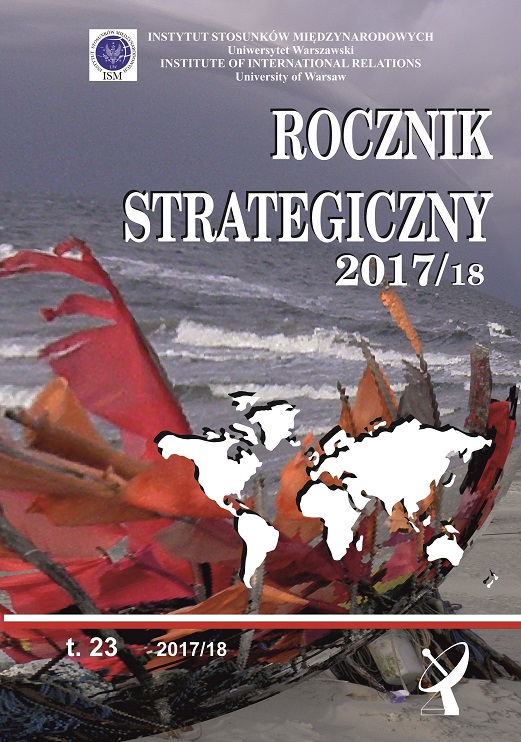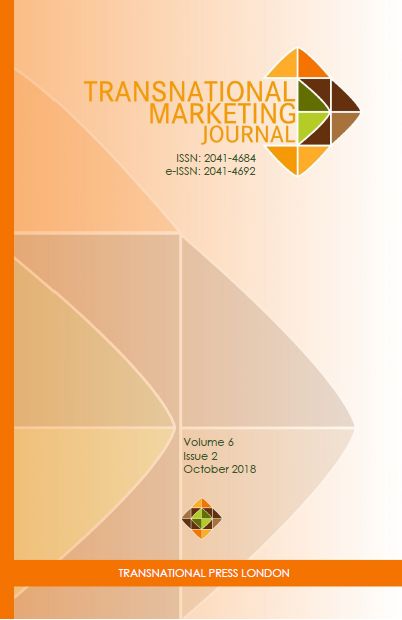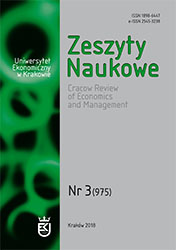
Misalokacja funkcjonalna nieruchomości – szansa dla inwestorów, wyzwanie dla gminy
The paper discusses the economically inefficient usage of urban estates within city areas. This lack of efficiency is attributable to the misallocation of land resources as measured by their actual function, location and user needs. A good example of that effect is placement of extensive industrial areas within city boundaries that effectively block development of mixed-function residental, cultural, trade or service-related properties. On the other hand, real estate development processes taking place in cities lead to different estate usage, based on its value. Land is a restricted resource, so owners prefer investments that will maximise profit through the most effective investment paths. This article seeks to prove that the investment value of real estate will, over time, block its economically inefficient usage in cities. A clear relationship is shown between increasing real estate investment value and decreasing existing functional misallocation.
More...

